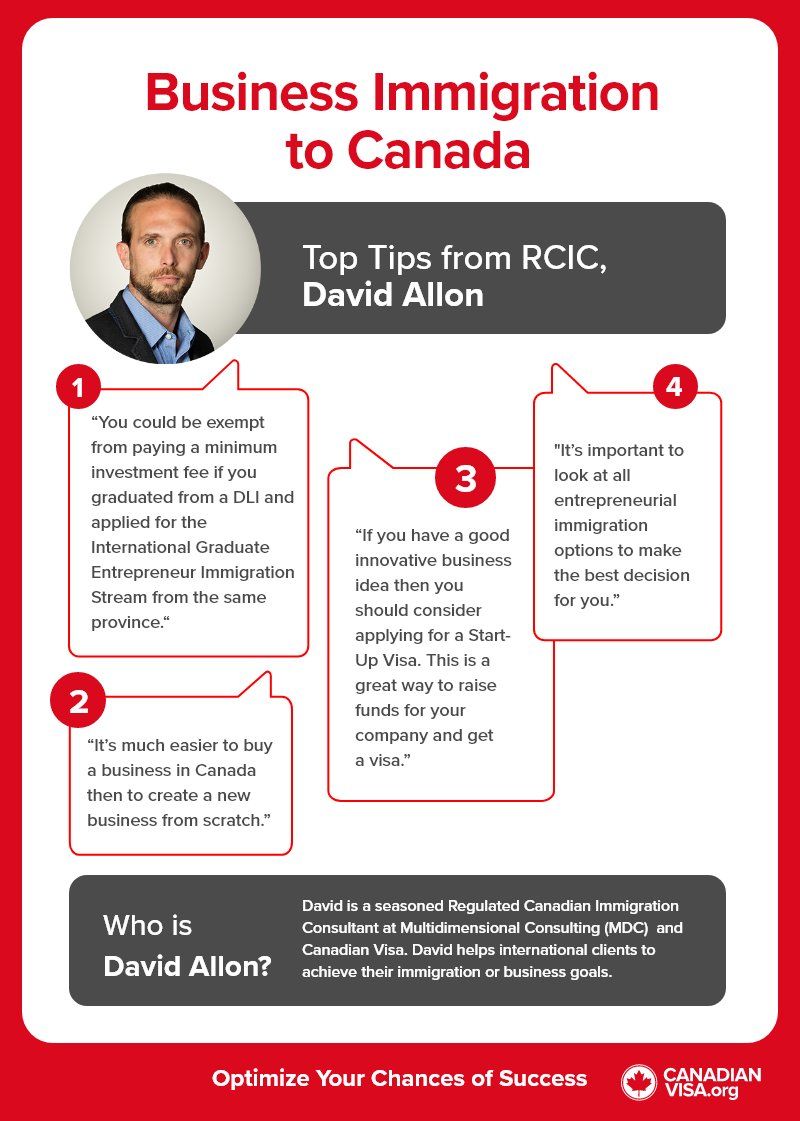Establishing Business Entity in Canada
> Business > Articles
Selection of Business Entity
DISCLAIMER The information provided here is of a general nature and may not apply to any specific or particular situation. It is not to be considered as a legal advice nor presumed to be indefinitely up to date.
In Canada business entities considered by entrepreneurs include: (1) sole proprietorships, (2) partnerships and limited partnerships and (3) corporations. Each of these entities has advantages as well as disadvantages. Choice of the entity is usually not irrevocable, and often an initial decision will be made with the understanding that, at the appropriate time, a different form of organization will be used. For example, many start up enterprises are organized and operated as privately held partnerships during the development stage of the business; the partnership form allows investors to take advantage of tax losses generated by the venture. Conversion to a corporate entity may be desirable later in order to facilitate an initial public offering and to provide other characteristics more appropriate to a publicly held entity, such as limited liability for owners, a centralized management structure, and continuity of existence. However, mistaken tax or business planning may make a change of entity very difficult. Normally, a sole proprietorship can be easily changed into a corporate entity at a later date; changing from the corporate form into a sole proprietorship or a partnership can involve complicated tax and other issues. 1. Factors Almost all commercial activities in Ontario are carried on using one of the four legal arrangements mentioned above. No one method is best in every case and entrepreneurs must consider a number of factors to determine which method will be most appropriate in each instance. Following are the factors that entrepreneurs consider in determining the type of business entity: (1) are the owners subject to personal liability; (2) what are the costs involved in establishing and operating the entity; (3) how is the entity taxed; (4) how flexible are control mechanisms; (5) what are the considerations determining transferability of ownership interests; (6) what is the continuity of existence of the entity; 7) citizenship of directors; (8) potential future financing. The different business entities vary greatly with respect to these factors.
In selecting a form of business entity, a primary concern should be the personal liability of owners for the obligations of the business. A corporation is an entity separate and distinct from its shareholders. It is the corporation that owns and operates the business and incurs the liabilities. In contrast, each partner is a part owner of the partnership assets, and a sole proprietor is also the owner of the assets used in the business. A sole proprietor and partners are liable to the full extent of their personal assets for the liabilities of their businesses. A shareholder’s liability to creditors of a corporation is limited to the amount of his or her investment. Therefore, if a substantial uninsurable risk is possible, a corporation is the preferable to limit the entrepreneur’s liability to the amount of capital invested and isolate personal assets from being used to satisfy the liabilities of the business. It should be noted, however, that creditors often require that the owners of small businesses personally guarantee loans made to the businesses, thereby expanding an owner's liability. Moreover, an owner in any type of business does not have limited liability for his own tortious conduct; that owner is liable as an individual tortfeasor. A limited partnership has special uses usually related to taxes, and differs from an ordinary partnership in that there is a limit to the partner’s liability. A limited partner is more akin to a shareholder, while the managing partner of a limited partnership (the general partner) has unlimited liability.
In evaluating the type of entity to select, transaction costs can be a significant factor to entrepreneurs. Business entities differ considerably in the costs required to create and operate them. Some forms of businesses, such as a sole proprietorship or a simple general partnership, have no or low start up costs and are very inexpensive to establish and run. In contrast, other business entities, such as corporations and limited partnerships, entail greater costs. Preparation of or amendments to a carefully drawn partnership agreement may cost as much in legal fees as the incorporation of a corporation or the execution of corporate amendments.
Taxation plays a major role in selecting the form of business. Sole proprietorships and partnerships are not considered to be separate taxable entities, and taxation is on a "pass through" basis. In these cases, the income of the business is distributed to the owners. The owners are taxed on this amount of income, and it is the owners who must pay taxes on income of the business whether or not they actually receive the income. Losses receive similar treatment and, subject to certain limitations, can be used to offset an owner's other income. In contrast, corporations are considered separate tax entities and are directly taxed. When such an entity distributes income to its owners, that income is taxed again to the owner. Thus, these funds are taxed twice: once to the entity and once to the owners. The recent creation of a specialized type of flow through trust for tax purposes is a recent innovation in Canadian tax law.

